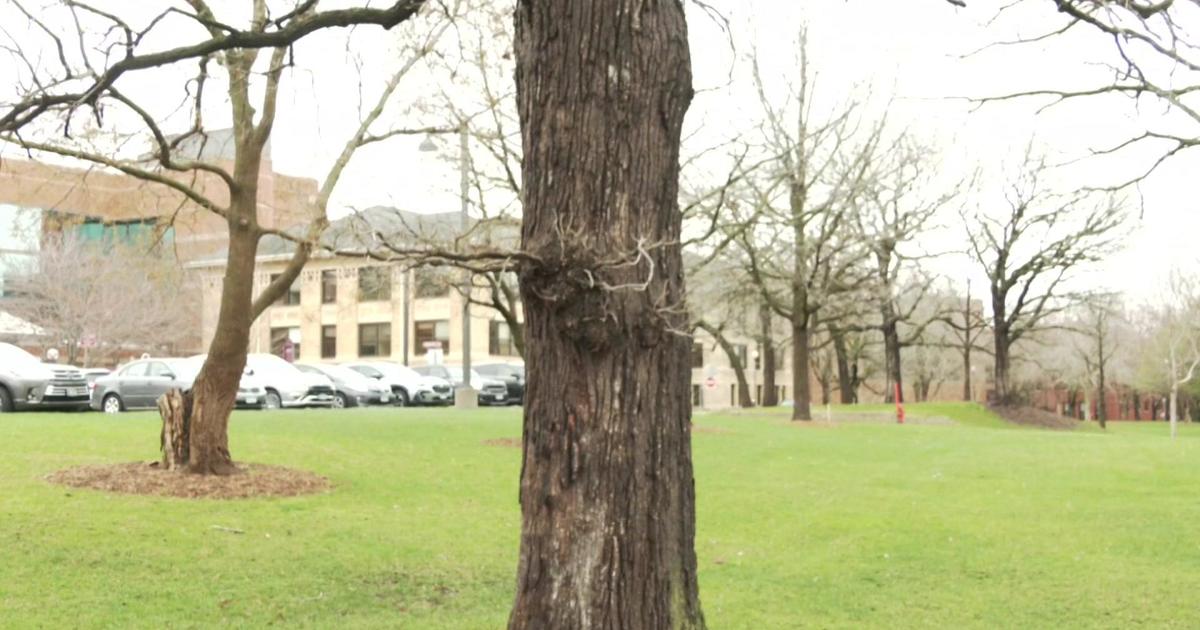Good Question: Should We Worry Trees Are Budding?
MINNEAPOLIS (WCCO) -- The sun is out, the skies are clear, the calendar reads January, and the thermometer is 50 degrees. Many WCCO viewers are noticing buds on the trees and flowers starting to emerge.
Is that something to be concerned about? Not really. But the lack of snow could be.
"The warm weather can trick the trees," said Jeff Gillman, a horticulturist with University of Minnesota Extension Service.
"The trees are supposed to have buds. The trees have buds all winter long," he added, noting that often they're covered in ice or snow.
Even so, the unusually warm weather is causing some confusion for the trees and other early blooming plants.
"One day isn't a big deal. But if you have enough warm days, especially over 50 degrees, you can have some trees breaking bud," Gillman said.
But that's not necessarily a bad thing, he said.
"It's not likely to kill the tree. It'll set the tree back when spring comes around," he said, explaining that the energy spent on creating the doomed bud is energy that isn't going into new growth.
Tree buds go dormant over the winter. When it starts getting warm, they open, Gillman said.
"The first flesh is a bet by the tree.... If they lose the bet, it's not a big loss," he said.
Lilacs often get a little green growth early in winter- so they can open early in the spring, so it's not unusual to see bright green buds right now.
And magnolias are also showing signs of life.
"Magnolia is a very early bloomer. Losing a few blooms is no big deal," Gillman said.
Foresters are more concerned about the lack of snow, because that snow insulates the root systems from sub-freezing temperatures. Minnesota trees aren't as hardy as those in neighboring states, because they're conditioned to having that snow cover as insulation.
But short-term, Gillman says don't worry about the buds.



